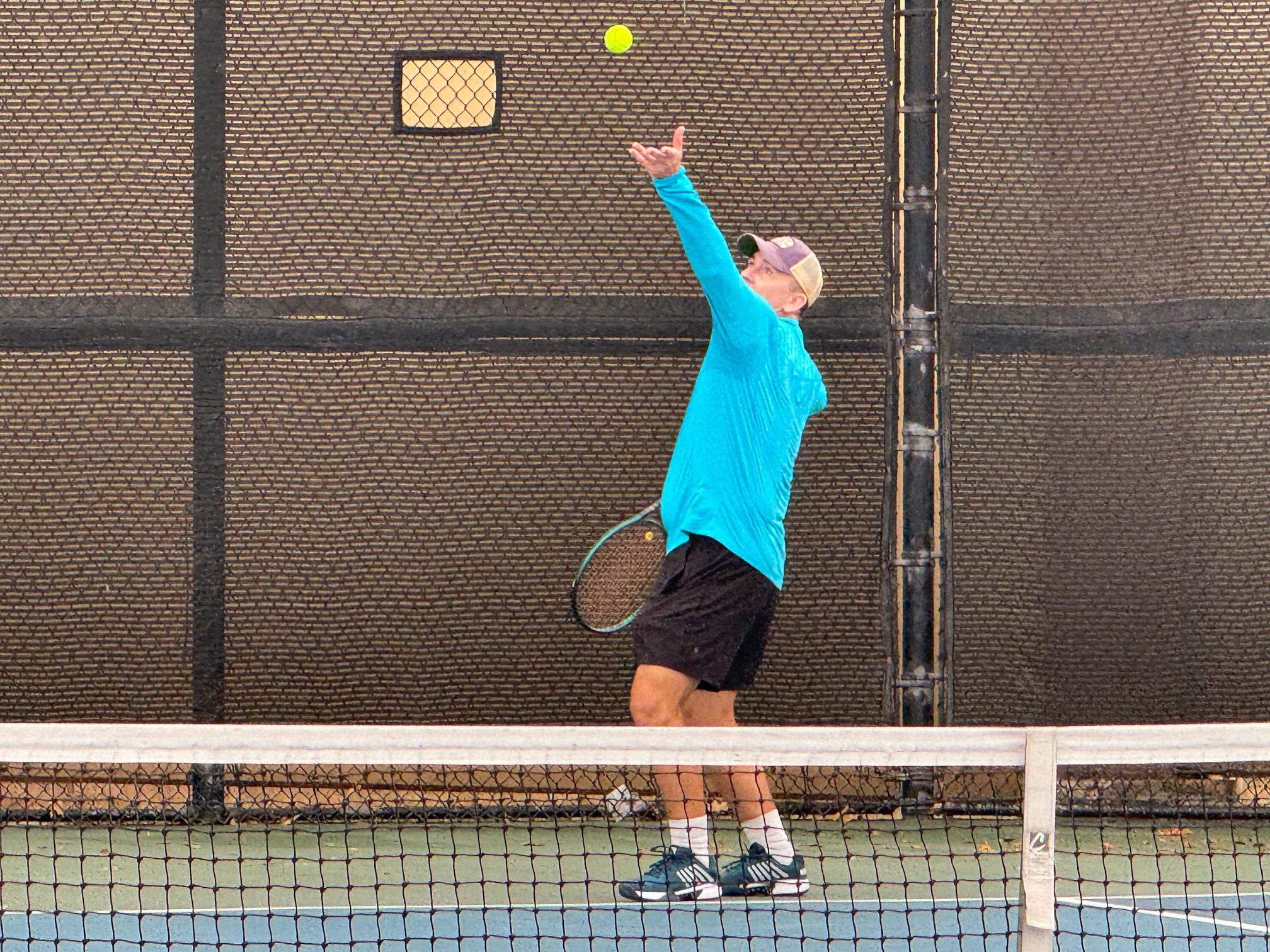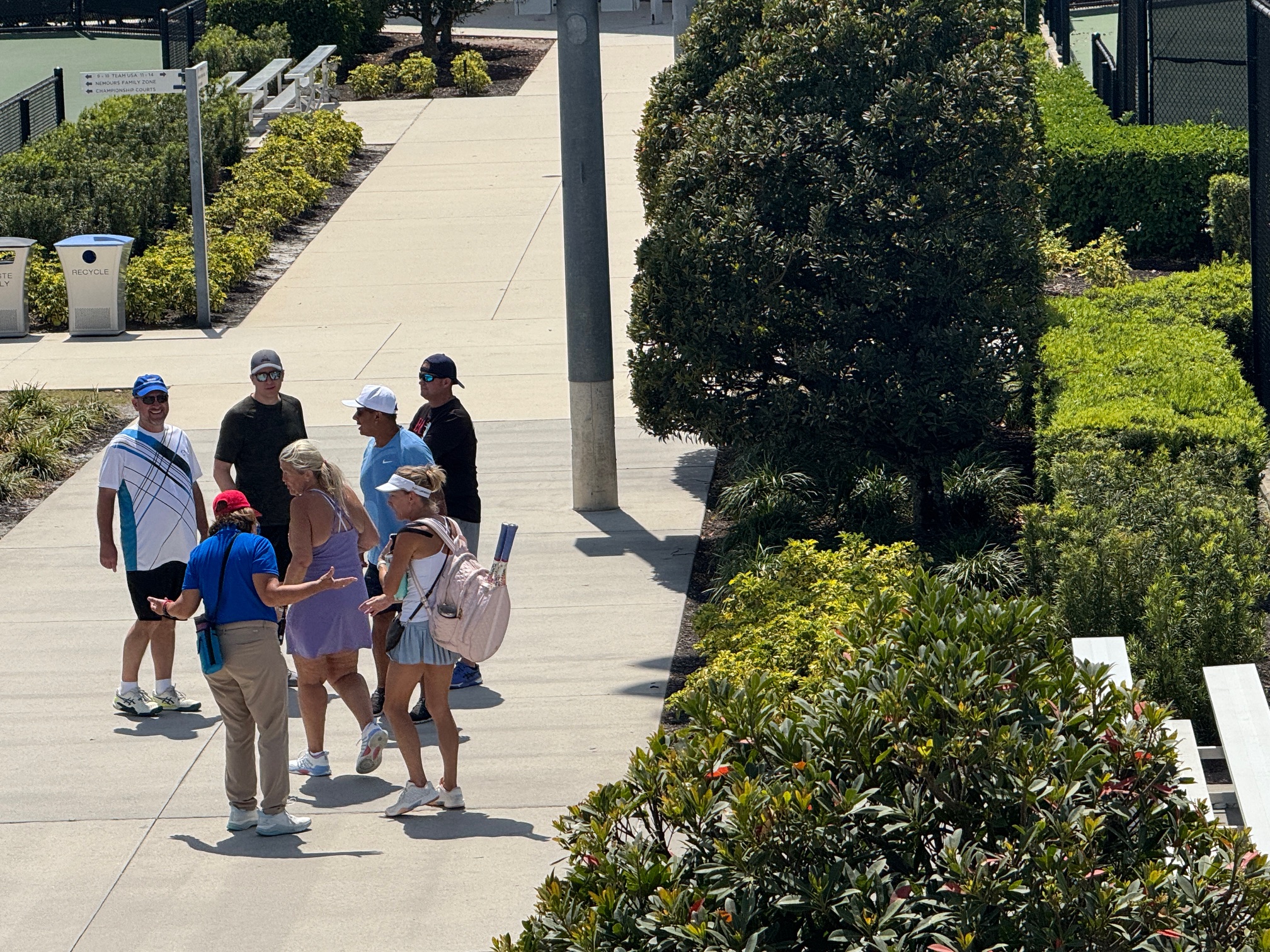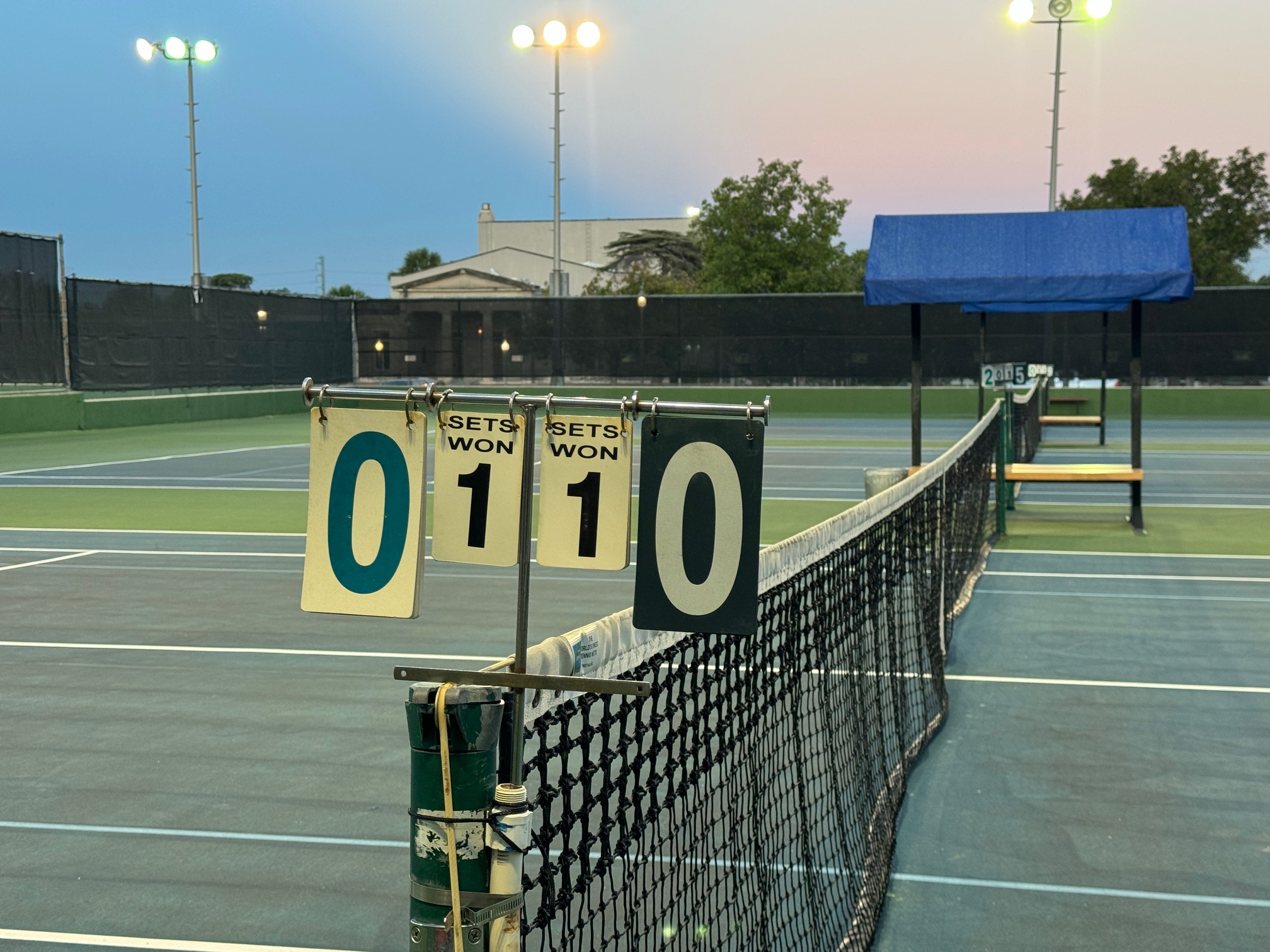Today we move back into the ITF Rules of Tennis to discuss the tennis let. It is a mystery to me why the section of rules on service lets is sequenced before the in-point let. Between the posts on the service let and then the diversions into some of the historic rules debates, it feels oddly redundant to talk about it.
In all cases when a let is called, except when a service let is called on a second service, the whole point shall be replayed.
USTA Friend at Court, ITF Rules of Tennis, Section 23.
This rule specifies that the entire point is to be replayed when a let is called, with the exception of the service let. Apparently that was not clear enough because at some point a case ruling was needed.
Case 1: When the ball is in play, another ball rolls onto court. A let is called. The server had previously served a fault. Is the server now entitled to a first service or second service?
Decision: First service. The whole point must be replayed.
USTA Friend at Court, ITF Rules of Tennis, Section 23.
This is the Rules equivalent to tapping on the microphone and asking “is this thing on?” The whole point is replayed when a let is called. It is probably a good thing that this rule exists, because I personally probably couldn’t accurately recall if the point had started off a first serve or a second serve anyway.
Neither the Friend at Court nor the ITF rules of tennis contain a definition of the let. That probably constitutes another opportunity to win a bar bet. The glossary includes a definition for a service let, but not a general let. As we progress through the Rules of Tennis and then move into The Code, there is a lot of information that convey a general sense of a let, but again, no actual definition.
I wonder what the USTA officials training says on this. I am anticipating something along the lines of “I don’t know what a let is, but I know one when I see it.”
- United States Tennis Association (2020) Friend at Court. White Plains, NY




On a second serve — the server serves the ball and it has actually been “served” and is literally crossing the net. It is also clear that the second serve will be out (double fault).
At that instance – the server’s partner calls a let as a ball at the back of court has rolled forward from the back of the fence. This ball did not interfere w/ the server.
What is the call? Let (redo the second serve) and/or double fault?
By the letter of the rules, the ball was in play when the let was called so it should be a first serve. It would be really asinine for the serving team to ask for that, however. If this was a tournament and the serving team called for an official to rule on whether the let was allowed, the only way it would be a double fault is if the receiving team insisted that the ball bounced before the let was called. The umpire cannot rule on a point of fact that was not witnessed. If there is agreement that the let was called when the serve was in play, then the umpire will award the serving team a first serve.
In retrospect, I really wish I had injected the Mary Carillo vs Leslie Jones table tennis clip from the 2018 Olympics. http://archivepyc.nbcolympics.com/video/mary-carillo-takes-leslie-jones-table-tennis
So what if the server faulted the first serve, but before she starts her second serve a ball rolls into the court? Does she get a first serve?
That actually comes up later in The Code. If the service motion had been started, then the server is entitled to two serves. If there is a delay between the first and second serve AND the delay was the fault of the receiver or outside interference, two serves are supposed to be granted. The Code is specific that clearing a ball that comes onto court between the serves is usually not a sufficient delay.
LOL! I love that last line!